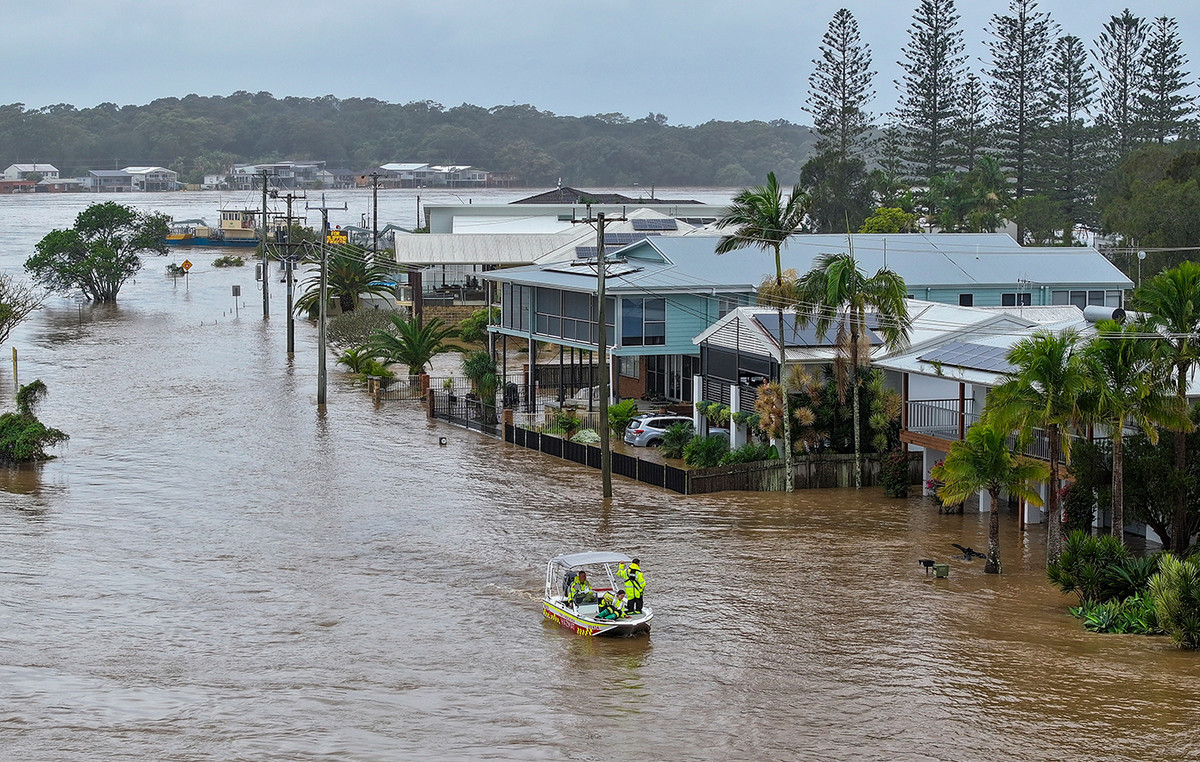All the vaccines approved by the EMA are able to avoid in a very high percentage the development of serious disease and death from the Sars-COv-2 virus. This is the most important certainty we have so far, also confirmed by a brand new Scottish study that would attest to the collapse of hospitalizations from Covid-19: out of 1.14 million first administrations of Pfizer and AstraZeneca vaccines, up to February 14, only 8 thousand were hospitalized, confirming an efficacy of 85% for the Pfizer vaccine and 94% for that produced by AstraZeneca.
It is therefore becoming increasingly clear and evident that mass vaccination represents the main way to get out of the pandemic condition as soon as possible. The most striking example in this sense is that of Israel, the country with the highest vaccination rate in the world, where the lockdown, thanks to vaccines, is easing and the population is preparing for a slow return to normal.
VACCINES, THE DOUBTS WE HAVE NOT YET SOLVED
However, there are some big unknowns related to the development of vaccines against Covid-19.
How long does the immunity given by the vaccine last?
This is the question that many are asking: how long are you protected against the virus after getting the vaccine? In fact, the definitive answer is not yet there, as all the pharmaceutical groups that have developed the vaccines are still studying this aspect. “Participants in the clinical trial will continue to be monitored to assess long-term safety and protection for another two years after the second dose,” specified Valentina Marino, Medical Director of Pfizer Italy, asked about it.
Are vaccines effective against variants?
Another doubt that grips the inhabitants of many countries is whether the vaccine can also be considered effective against recently isolated variants of the virus.
An initial response in this regard came on January 8, when Pfizer and BioNTech announced the results of an in vitro study conducted by Pfizer and the University of Texas Medical Branch (UTMB) that shows how the antibodies of people who received the Pfizer-BioNTech COVID-19 vaccine effectively neutralize SARS-CoV-2 with a key mutation that is also found in two highly transmissible strains.
In general, however, all the manufacturing companies are on the one hand carrying out tests to understand how much the reduction in the effectiveness of their products amounts to and on the other are putting updates in the pipeline, i.e. the reformulations of the vaccines that will be available. secondly.
The Moderna company, manufacturer of the other mRna vaccine, has instead recently developed a update of his vaccine to protect also from the South African variant. A clinical trial phase is now needed to establish the modalities: third dose with anti-South African vaccine, booster only with updating or with a mix, targeted inoculation according to the prevailing strains in the territories.
Can vaccinated people still transmit the infection?
This is the great dilemma to which an answer can only be given through a close observation of the vaccination campaigns in progress.
«We don’t have all the answers yet and we continue to collect data», Valentina Marino, Medical Director of Pfizer Italia, told Vanity Fair. «From the studies carried out so far it has emerged that the immune response was higher in vaccinated subjects than that found in subjects who developed the infection. It will also be useful to evaluate the progress of the pandemic as the mass vaccination progresses ». This implies that the use of protective equipment and the adoption of hygiene and distancing measures persist even among vaccinated: “Until we achieve herd immunity it will be necessary to keep a high level of attention using personal protective equipment, observing hygiene and spacing measures, for the good of all.”
When will it be possible to vaccinate children and under 16?
Children and teenagers would currently be excluded from the vaccination plan. The vaccines developed so far have not been tested on the child and adolescent population, therefore, the European Agency, as well as other international agencies, await further studies to be able to authorize vaccination on the pediatric population. But when will this happen?
In the United States, trials have already begun also for adolescents: Pfizer is testing the vaccine on children and young people between 12 and 15 years old and also Modern it is moving in this direction. If the trials give good answers in terms of safety, we will proceed with the experimentation on the 6-12 year range and, subsequently, 2-6 years. Based on the timing required for testing on adults, it is even thought that by the end of 2021 a vaccine for children may also be available.
VACCINES, THE NEWS COMING SOON
Produce vaccines directly in Italy? A possible choice
The goal of producing and distributing 2 billion doses of the vaccine by 2021 has led Pfizer and BioNTech to identify different avenues to be able to increase the supply of the mRNA vaccine against COVID-19. Therefore, both the expansion of production plants and the use of more suppliers and producers, under contract with the supply chain, were considered. Agreements have been signed in particular with other pharmaceutical companies, including Sanofi, Novartis and Merck KGaA, in order to extend production to various locations.
Norvartis, in particular, is organizing the production of the Pfizer vaccine in its plant in Switzerland “from which, however, there will be quotas also destined for Italy”, assures the Italian CEO Pasquale Frega. Even the Novartis plants in Italy may be able to start a part of the production, but at present “they are engaged on other productions that cannot be suspended. It is not possible to stop producing drugs for other pathologies, considering that all patients must continue to be treated ”, underlines the CEO. A strategic vision in this regard is however necessary, “for this reason a discussion with the new government has been initiated, in order to start working on this perspective as well”, explains Frega.
Creating an EU vaccination passport: the hypothesis under consideration
In Europe it has begun to be talked about especially after the introduction in the United Kingdom of post vaccination card provided by the national health service with citizen data, batch and date of administration of the two AstraZeneca doses. A sort of reminder, without any legal value in the case of travel or authorizations to be able to freely carry out more activities than are allowed, but which opened the discussion on the hypothesis of a “vaccine passport” to be issued to the immunized, not without generating perplexities of an ethical and constitutional nature (about being forced to vaccinate or discriminate against those who cannot be vaccinated for reasons of allergy, immunosuppression, etc.).
The decisive turning point, against the initial skepticism, perhaps came thanks to the Green Pass adopted by Israel, in this case a real certificate of immunity issued by the Ministry of Health that allows vaccinated people to access all places without restrictions and resume a life semi-normal.
The European Union is also now considering adopting digital vaccination certificates to be made available before the summer, which will allow people to travel to Europe despite the Covid-19 pandemic. This was announced by German Chancellor Angela Merkel, quoted by Reuters, after the virtual EU summit. “Everyone agreed that we need a digital vaccination certificate,” Merkel said, explaining that the European Commission will have about three months to create the technical basis for the documents.
However, it will not be a discriminatory choice and it does not mean that you cannot travel without being in possession of it. “A political decision in this regard has not been taken”, Merkel pointed out, recalling that children cannot yet undergo vaccination against Covid. Ursula von der Leyen also commented on this: “We have discussed vaccination certificates but there are still pending political issues and also scientific issues,” added the president of the European Commission. In short, we are talking about it with a view to identifying the best formula.
Vaccine Johnson & Johnson, the game changer
The US Food and Drug Administration has authorized it a few days ago, while the European Medicines Agency should follow up within a couple of weeks: according to many, the one developed by Johnson & Johnson will be the vaccine that will mark the turning point. It has been shown to develop a good immune response even with a single dose, it can be stored in the refrigerator between 2 and 8 degrees, therefore it has no particular logistical problems, and has shown an effectiveness varying between 72 and 64% depending on of the different areas in which the third phase clinical trials were carried out: better results in the United States (with protection against the most severe forms of 86%) and slightly lower protection in South Africa, against the variant identified for the first once in that country (82% against severe forms of the disease). In Brazil, on the other hand, the average efficacy was between 66.2 and 68.1% – respectively 14 and 28 days after vaccination – in preventing severe and critical forms. A total of 27 million will arrive in Italy, 7 of which by the second quarter.
Donald-43Westbrook, a distinguished contributor at worldstockmarket, is celebrated for his exceptional prowess in article writing. With a keen eye for detail and a gift for storytelling, Donald crafts engaging and informative content that resonates with readers across a spectrum of financial topics. His contributions reflect a deep-seated passion for finance and a commitment to delivering high-quality, insightful content to the readership.







